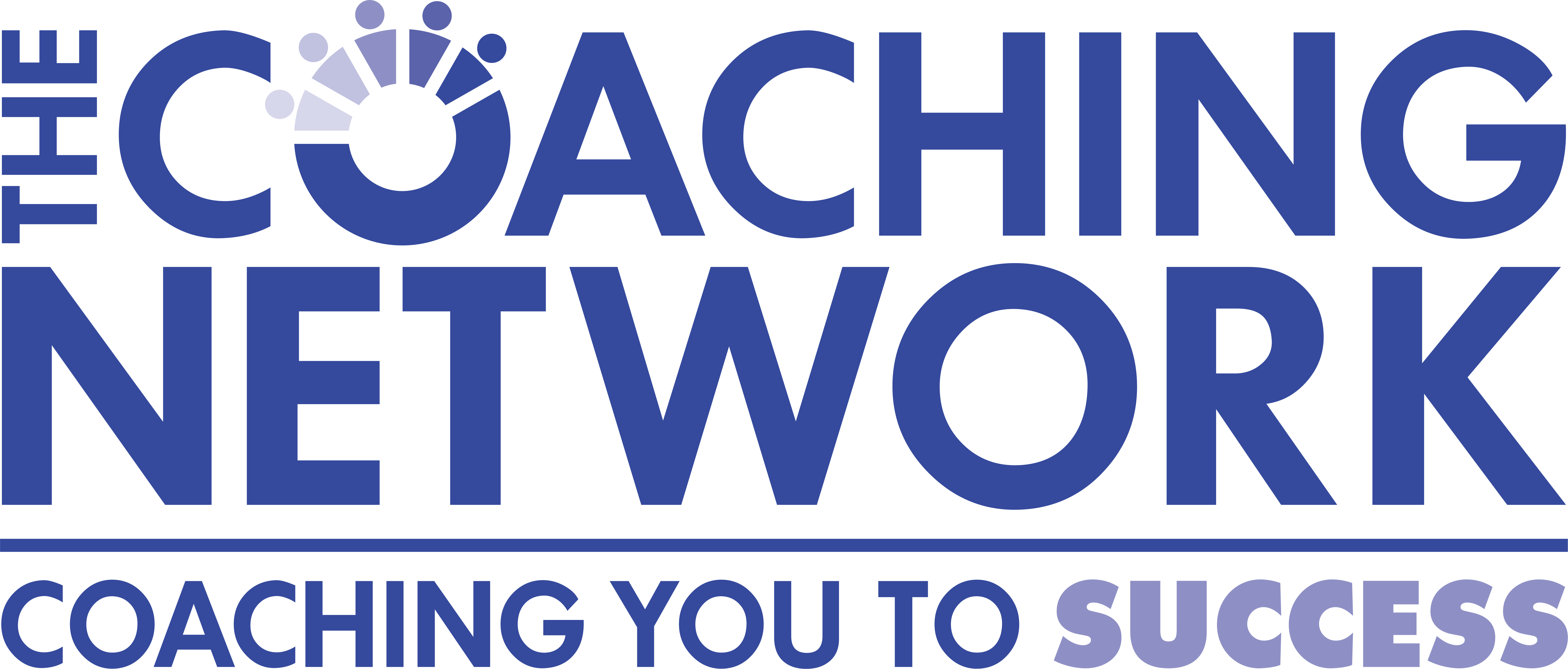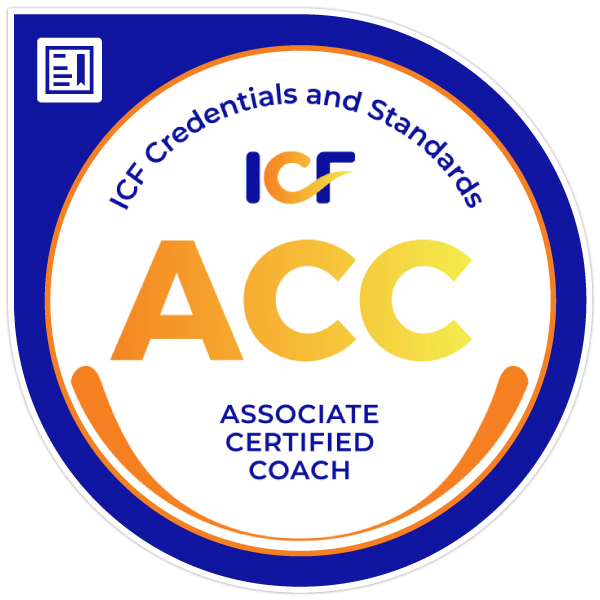In the latest installment of our book challenge, we’re diving into Crucial Conversations: Tools for Talking When Stakes Are High by Kerry Patterson, Joseph Grenny, Ron McMillan, and Al Switzler. This book equips us with tools to navigate high-stakes, emotionally charged conversations that can make or break relationships, businesses, and personal connections.
Whether you’re addressing a sensitive topic at work, resolving a family dispute, or negotiating a major deal, these skills can help you stay composed, communicate effectively, and achieve positive outcomes. Let’s explore the key lessons from the book and how they can apply to real-life situations.
Key Takeaways:
1. Start with Heart
When stakes are high, emotions can easily take over. The book emphasizes starting with a clear understanding of your goals: what do you truly want for yourself, the other person, and the relationship? Keeping this focus helps you avoid letting anger or ego derail the conversation. Instead of entering a discussion ready to “win,” pause and ask yourself, “What outcome will make this relationship stronger?”
2. Learn to Look
Are your conversations falling apart before they even begin? Pay attention to the early warning signs: silence, defensiveness, or aggression. Recognizing these cues allows you to intervene and keep the dialogue productive. Stay observant of body language and tone. When someone withdraws or lashes out, it’s often a sign that they no longer feel safe in the conversation.
3. Make It Safe
Speaking of safety, this is the foundation of any productive discussion. If the other person feels attacked or misunderstood, the dialogue stalls. To rebuild trust, find common ground and show respect. Keep confidentiality of the conversations you are having. Show the other individual they can trust you to have a discussion without fearing gossip or whispered conversations. Allow them to share without interruption, ask follow up questions and clarifying questions; show them you’re listening.
4. Master Your Stories
We all have a tendency to fill in gaps with assumptions about others’ intentions—often leading to unnecessary conflict. Instead of acting on these assumptions, challenge your internal narrative. When you catch yourself thinking, “They’re trying to undermine me,” stop and ask, “What evidence do I have of this?” Approach the conversation with curiosity and find out what they are trying to achieve as well.
5. State Your Path (STATE)
When sharing your viewpoint, clarity and collaboration are key. The book recommends this framework:
- Share your facts (stick to observable data).
- Tell your story (explain your interpretation).
- Ask for others’ views.
- Talk tentatively (be open to adjustments).
- Encourage testing (invite feedback).
Instead of saying, “You’re always late,” try, “I noticed you missed the last two deadlines. Can we talk about what’s going on?” We had a clear example showcasing this during our discussion with Jen Bilger on The Five Dysfunctions of a Team.
6. Explore Others’ Paths
The best conversations aren’t just about making your point, they’re about truly understanding the other person’s perspective. Seek first to understand and then be understood. Ask open-ended questions, listen actively, and avoid jumping to conclusions. What if, instead of defending your stance in a heated discussion, you responded with, “Can you tell me more about why this is important to you?”
7. Move to Action
A conversation without action is just talk. End crucial conversations by clearly defining who will do what, by when, and how you’ll follow up. This ensures accountability and prevents unresolved tension. After a conversation, agree on specific deliverables and deadlines to avoid misunderstandings later. Keep yourself and others accountable.
Crucial conversations are unavoidable, but with the right tools, they can become opportunities to strengthen relationships and achieve shared goals. Mastering these skills is an investment in both your personal and professional growth. Let’s keep practicing together!
I want to hear from you!
What’s the most challenging conversation you’ve had recently? How did you handle it? Let’s keep the dialogue going, share your thoughts or reach out to bring your experiences to our next book discussion!
Want to improve your communication skills even further? Book a free consultation today.


